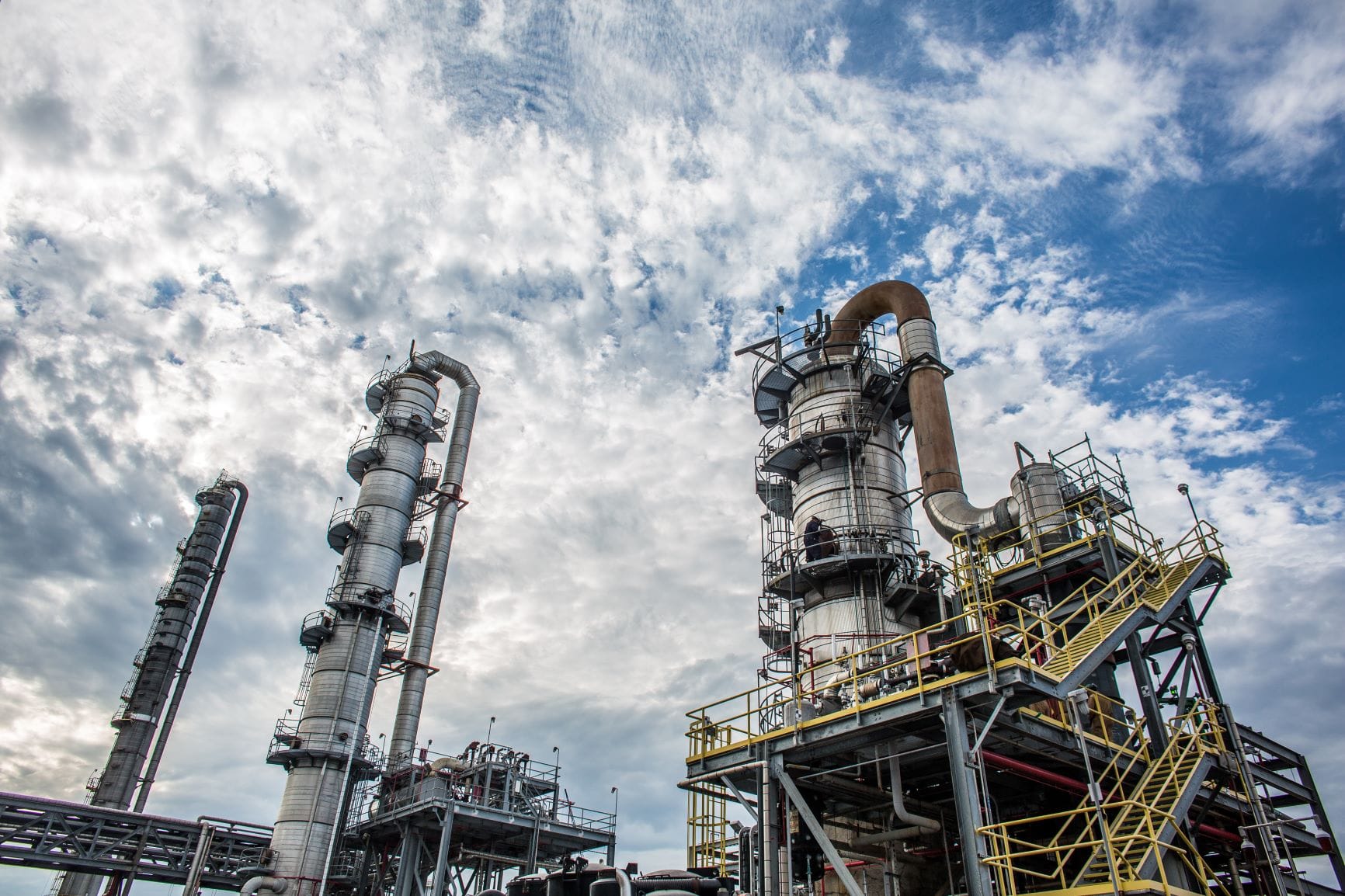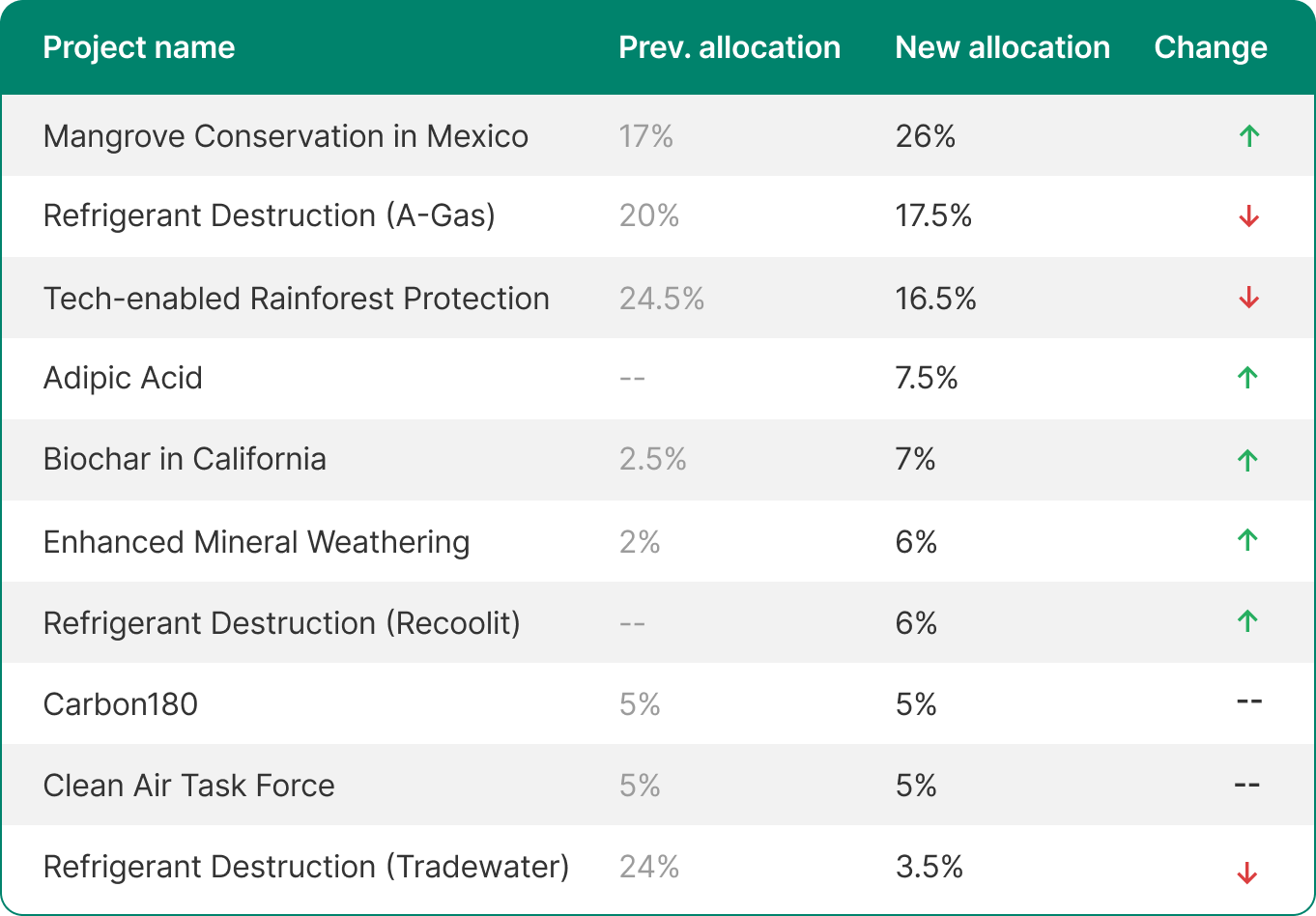The Wren Climate Portfolio is being updated! (July 2023)
Reducing N₂O emissions with adipic acid abatement.

Every now and then, we update the Wren Climate Portfolio that subscribers (like yourself) support, to ensure you're always funding the best climate solutions possible. This does not change your subscription price and there's no action required, except to read on if you're curious.
1. Introducing adipic acid as our newest climate solution:
- 🛢️ Adipic Acid—We've brought on a project that reduces nitrous oxide (N2O) emitted during adipic acid production at a chemical plant in Florida.
Adipic acid is needed for the production of nylon, a material used to create items such as seatbelts, airbags, and mattresses. Unfortunately, a by-product of adipic acid is N2O, a greenhouse gas 265× more harmful than CO2.
There are no economic or regulatory incentives for companies to reduce their N2O emissions, but we need to address this super pollutant now. That's why we've brought on this initiative—North America's largest voluntary N2O abatement project—which incentivizes an adipic acid producer to cull their N2O emissions.
2. Officially welcoming Recoolit to the portfolio:
- A few weeks ago, we added our newest refrigerant partner—Recoolit—to the Wren Climate Portfolio as part of our Refrigerant Destruction project.
Here's a welcome letter from their CEO, written specifically for Wren supporters.
3. Wrapping up our cookstoves project:
- After a complete audit of our Clean Cooking Fuel for Refugees project, we recently made the decision to stop funding this initiative.
This project contributes to Sustainable Development Goals such as improved health, poverty reduction, and access to energy—but our analysis surfaced gaps in monitoring and reporting that couldn’t meet our evolving standards.
The remaining funds earmarked for this project will be sent to a different cookstove initiative,1 which is verified by Gold Standard2 and uses a UNFCCC methodology.3 We're pausing ongoing support for cookstoves until there's clarity on measurability.
4. Updating our portfolio allocations:
The funding allocations for the Wren Climate Portfolio have changed:

5. FAQ: Does decreasing a percentage negatively impact a project?
When we bring on a new partner, we either agree on a total contribution upfront or calculate what we expect to invest over a longer period of time. In both cases, the partner is fully informed, so they can plan ahead while we diversify our portfolio.
Also, as the number of Wren subscribers increases over time, a change to the percentage doesn't always mean a change in what the partner actually receives. 1% of our portfolio today would have been the equivalent of 2% a year ago.
Let us know if you have any questions!
Thank you,
The Wren team 🧡

